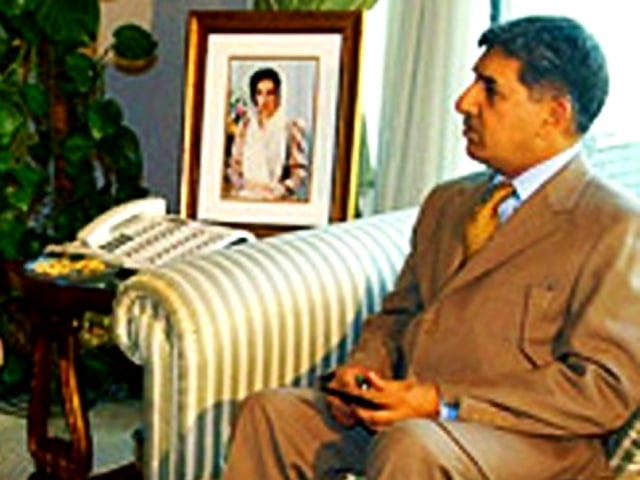WikiLeaks: US had urged Pakistan to send ISI chief to India
After denial to send Pasha, US had said not sending him would be sign of “retreating from promises of...

WikiLeaks: US had urged Pakistan to send ISI chief to India
The cable (Reference no. 180604) sent by chargé d’affaires Gerald Fierstein from the US Embassy in Islamabad on November 29, 2008, reveals that during a meeting with former Foreign Minister Shah Mehmood Qureshi, the Charge at the Embassy had stressed that not sending Pasha to India would be a sign of “retreating from promises of cooperation”.
Prime Minister Yousaf Raza Gilani had agreed, on November 28, 2008, to send Pasha to India after telephonic conversation with Indian Prime Minister Manmohan Singh. Later the decision was taken back after the Pakistan Army opposed the idea of sending the intelligence chief to India. President Asif Ali Zardari later blamed “miscommunication” for the idea that Pasha was being sent to India and confirmed that a director from the ISI would be sent to India instead.
The US had also passed on a name to the ISI of a person believed to be involved in the attacks. Fierstein confirmed that the name came from the US and not India, and that the individual was believed to have been involved with the Deccan Mujahideen.
In another cable (Reference no. 180619), Army chief General Ashfraq Pervaiz Kayani and Pasha had claimed that they did not recognise the name provided and asked for more information and numbers related to the individual.
Qureshi, during the meeting, called the Mumbai attacks “barbaric” and added that both Pakistan and India were suffering because of the terrorists.
"We have a common enemy and must adopt a common strategy to combat them." But, he cautioned, the blame game and “”knee-jerk”" reactions were not helpful, and the Indian media should stop jumping to conclusions.
Cables Referenced: WikiLeaks no. 180604 and 180619.
The full text of the cables can be read on Dawn.com, The Hindu and NDTV. WikiLeaks has previously released cables to other media organisations including Guardian and the New York Times.



















COMMENTS
Comments are moderated and generally will be posted if they are on-topic and not abusive.
For more information, please see our Comments FAQ